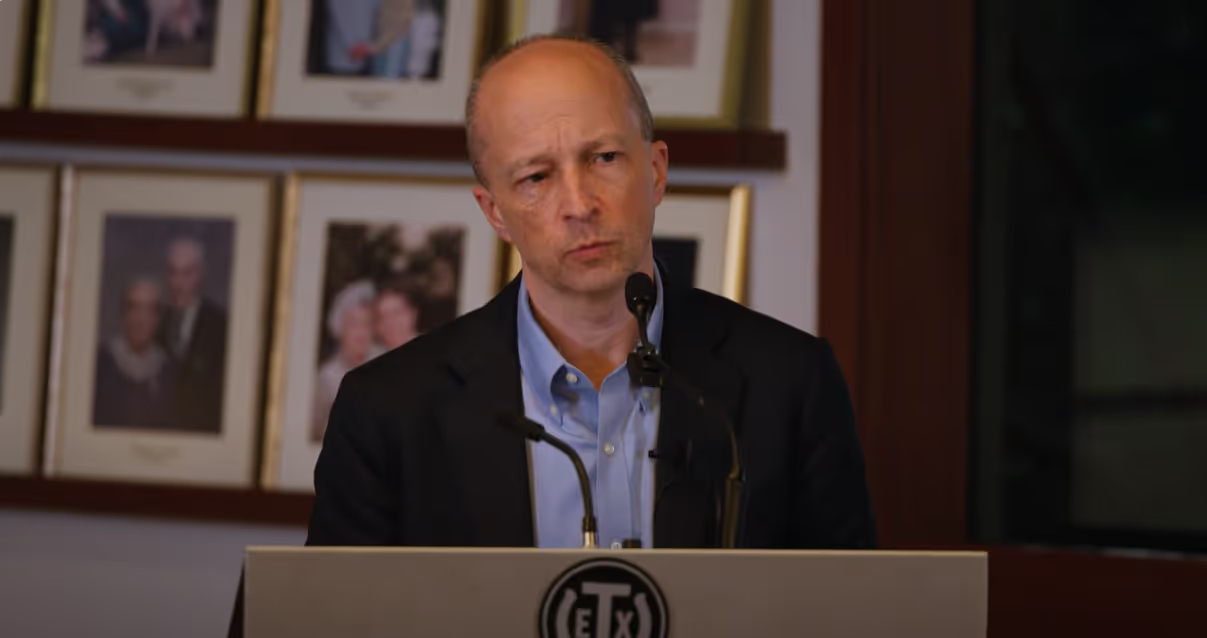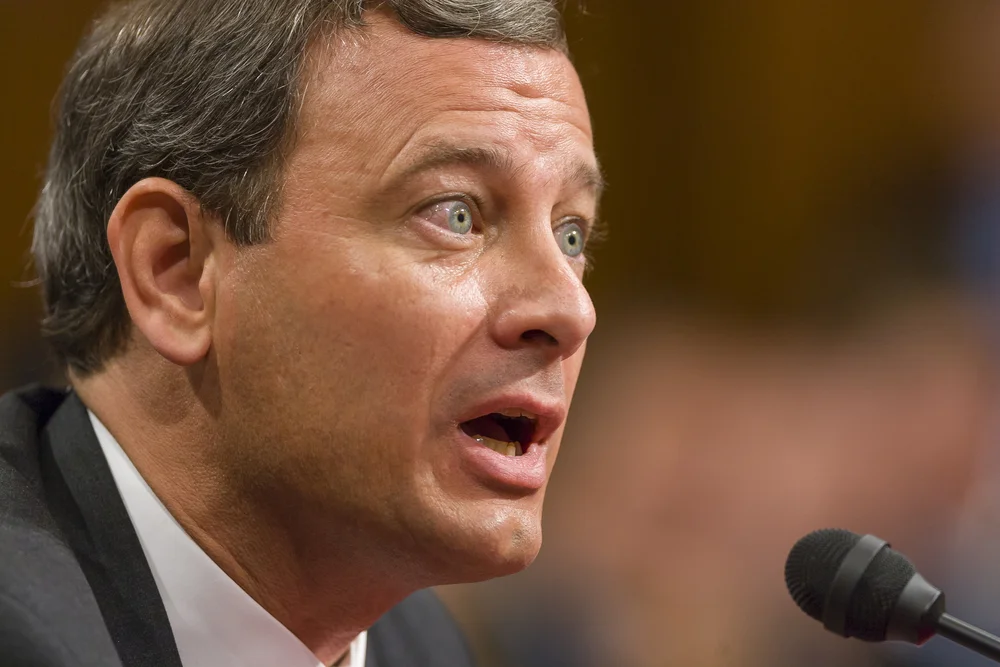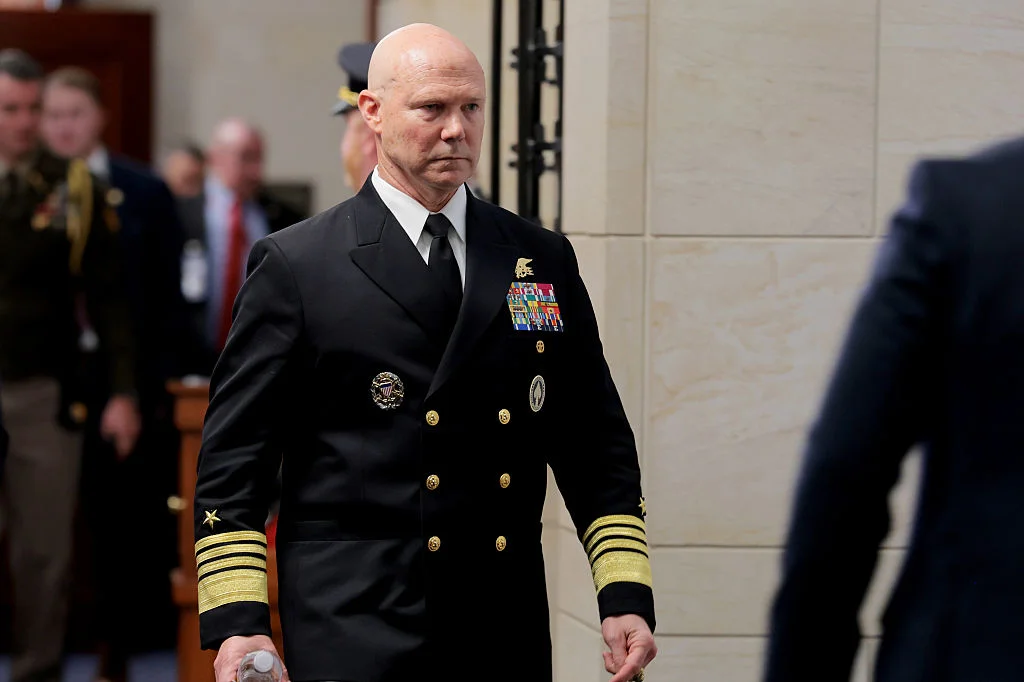
Andrew Jackson Redefined the American Presidency
Andrew Jackson embarked on a transformation of the political system and the Presidency.
A symposium on executive power and statesmanship will prompt arguments that the Framers expected Presidents to be men of virtue. Machiavelli had freed the executive from classical and medieval notions that the leader ought to temper his power by obeying philosophic or Christian morality. Instead, Machiavelli’s Prince ought to protect the republic’s safety and pursue its best interest. But Presidents need not possess personal virtue to succeed; we need only look at the career of Andrew Jackson for proof.
Americans on the cusp of the 250th Anniversary of their Revolution may be forgiven for presuming that their executives will be of the highest personal virtue. The Revolution won its independence because of the leadership of one man, George Washington, who combined personal integrity with republican virtue. His example exerted a profound influence on the design of the Presidency.
It is impossible to overstate the importance of the “Father of his Country” to the founding generation. Washington had led a rag-tag, outmanned, and outgunned army to victory over one of the most powerful nations in the world. He then prevented the army from undermining civilian control, famously surprising a meeting of officers who had planned to launch a military coup. When he began to read a document to the leaders of the Newburgh Conspiracy with the words, “Gentlemen, you will permit me to put on my spectacles, for I have not only grown gray but almost blind in the service of my country,” officers in attendance wept, and the conspiracy collapsed.
But Washington’s combination of personal and public virtue may have led to an assumption that the latter depends on the former. It does not. It may be the case that the American people, as Victor Davis Hanson has observed, demand such radical change that only a figure unconstrained by conventional notions of morality can successfully upset the existing order. Hanson compares these Presidents, such as Donald Trump, to the western gunslinger who rides into town, defends it against desperadoes, but then must leave because he cannot fit in when civilized order returns. A reverse image of Hanson’s cowboy might be a President who observes a constrained vision of his constitutional powers, but then fails in the face of an emergency that requires the “[d]ecision, activity, secrecy, and dispatch” of the executive, in Hamilton’s words. In that case, private virtue may produce public disaster. James Madison’s failure to stop Congress from declaring war in 1812 and his deference to the legislature in its conduct brought the United States to the brink of defeat.
Andrew Jackson illustrates the gunslinger. And he was a real gunslinger. While Jackson laid the foundations for what we can begin to recognize as the modern Presidency, he would have been out of place in the modern world. He fought duels, owned slaves, and killed Indians (as well as spies). When he lost the 1824 election despite winning the most votes, Jackson did not graciously withdraw; instead, he spent the next four years attacking the “corrupt bargain” that had led to John Quincy Adams being elected President. Jackson devoted the next four years to undermining the legitimacy of the Adams administration successfully. He became the symbol of a rising democracy, which he promoted during his presidency.
Upon winning the 1828 election, Jackson embarked on a transformation of the political system and the Presidency. He sought to advance the cause of democracy and made an expanded executive power his tool in that great project. To Jackson, democracy meant that the will of the majority should prevail, regardless of existing governmental and social arrangements. Even Jefferson had not gone that far. The Framers designed the Senate, the Electoral College, and an independent judiciary to check and balance majority rule, but Jackson followed a different star. “[T]he first principle of our system,” Jackson declared in his State of the Union Address, is “that the majority is to govern.” Jackson remains one of the greatest Presidents because he transformed the office into the direct representative of the American people.
Jackson reversed the tide of decentralized government and weak executives. He put theory to practice—interpreting the Constitution and enforcing the law independently, wielding veto power on policy as well as constitutional grounds, and reestablishing presidential control over the executive branch through the removal power.
In the first of the two great political conflicts of his time, the Bank War, Jackson vetoed a law that both the Supreme Court and Congress considered constitutional, removed federal deposits from the Bank of the United States, and dismissed cabinet secretaries who refused to carry out his orders. Although his veto message broke from practice by introducing his policy views, its lasting impact remains his claim of the President’s independent authority to interpret and enforce the Constitution.
Jackson remained convinced that Jefferson had been right in 1791. A national bank was not necessary and proper to execute the government’s constitutional powers, because it was not truly indispensable. Jackson’s veto of the Bank presented a striking declaration of independence from the other branches of government.
In the second challenge, the Nullification Crisis, Jackson interpreted the Constitution and the meaning of the Union on behalf of the people, making clear his authority to enforce federal law against states that resisted it. Although he was a staunch defender of limited government, Jackson confronted the forces of disunion head-on. He restored and expanded the Presidency within a permanent Union. His leadership sparked resistance so strong that it would coalesce into a new political party, the Whigs, devoted to opposing concentrated executive power.
The threat came from South Carolina over national tariff rates. Henry Clay’s economic program, known as the “American System,” utilized the tariff to protect domestic manufacturers and promote the construction of roads and canals. The tariff hit the South’s economic interests hard; planters exported raw material, primarily cotton, into the competitive world market, but had to purchase imported finished products. South Carolinians rallied around the idea of “nullification.” If a majority imposed an unconstitutional law on a single region, a state could “nullify” the federal law within its borders, and its officials could block federal officers from carrying out national laws.
Jackson declared war on nullification. The Union had been the product of the Revolution, in which Jackson had risked his life as a young boy, and to which he had lost his mother and brother. He was not about to see it broken by a state, even the state of his birth. “There is nothing I shudder at more than the idea of the separation of the Union,” he wrote in 1828.
Yet a mere month after Jackson won re-election in 1832, South Carolina responded by holding a convention that declared a tariff void and threatened secession. Jackson responded with an extraordinary proclamation that drew on his constitutional powers “for preserving the peace of the Union and for the execution of the laws.” Jackson reconstructed the Presidency. His tenure in the office was every bit as revolutionary as that of Washington or Jefferson. He did not restore the office by breaking its constitutional limits, as critics claimed, but by fulfilling the broadest visions of its Framers. They wanted the office to rest on the choice of a national electorate, bringing accountability and responsibility, but with enough distance to avoid the whims of temporary public passion. They wanted the President to be independent of Congress and exercise his constitutional powers.
John Yoo is a senior research fellow at the Civitas Institute and a distinguished visiting professor at the School of Civic Leadership at the University of Texas at Austin. He is also the Emanuel Heller Professor of Law at the University of California at Berkeley, where he supervises the Public Law and Policy Program, among other programs at Berkeley Law. Concurrently, he is a nonresident senior fellow at the American Enterprise Institute.
Constitutionalism

Amicus Brief: Hon. William P. Barr and Hon. Michael B. Mukasey in Support of Petitioners
Former AGs Barr and Mukasey Cite Civitas in a SCOTUS Brief

Rational Judicial Review: Constitutions as Power-sharing Agreements, Secession, and the Problem of Dred Scott
Judicial review and originalism serve as valuable commitment mechanisms to enforce future compliance with a political bargain.

Supreme Court showdown exposes shaky case against birthright citizenship
Supreme Court will hear challenges to Trump's order ending birthright citizenship, testing the 14th Amendment's guarantee for babies born in America.
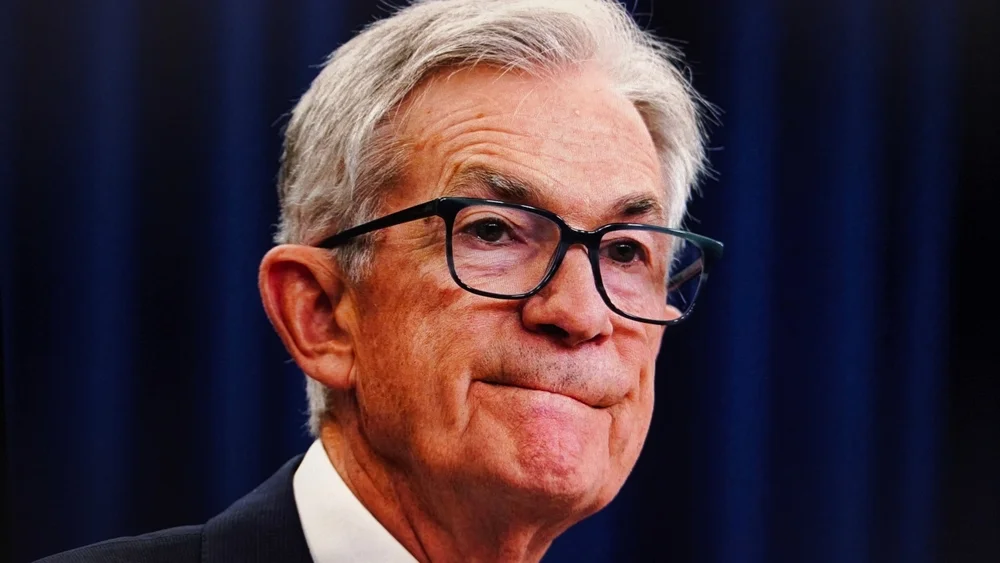
Kneecapping Powell, Undermining the Rule of Law
Donald Trump and conservatives know the perils of lawfare all too well. Why subject Jerome Powell to the same thing?
%20(1).webp)
Limiting the Federal Government
Failure to consider the sponsors’ representations of the Constitution’s meaning seriously impairs the quality of interpretation.
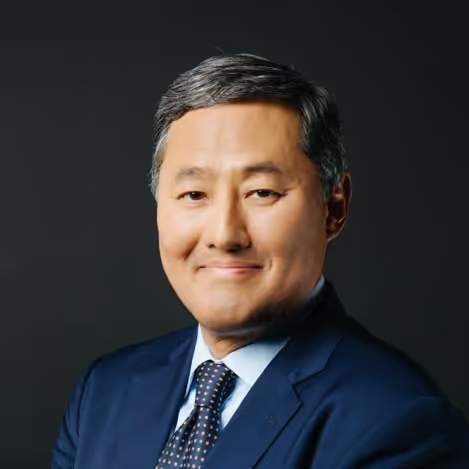

.avif)







.avif)
.avif)

